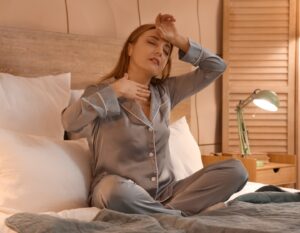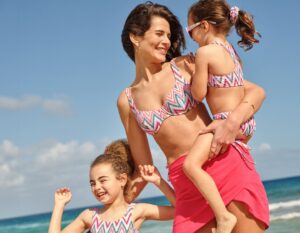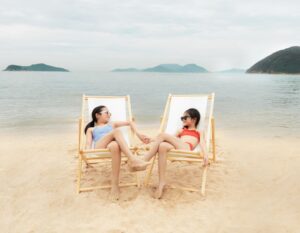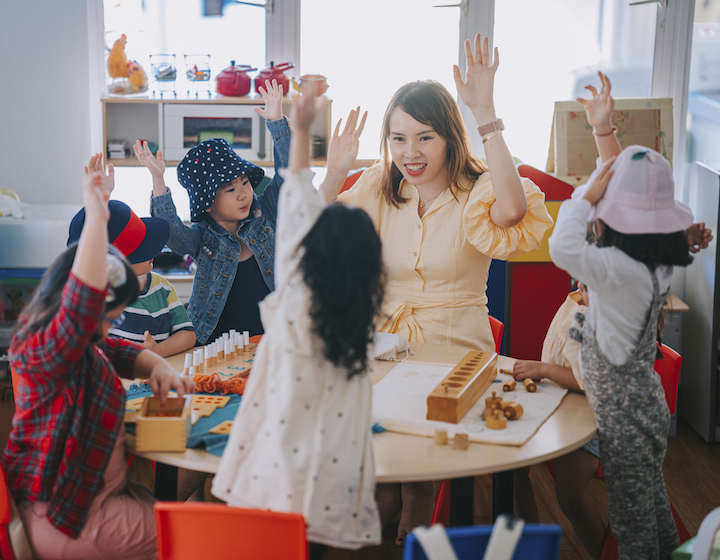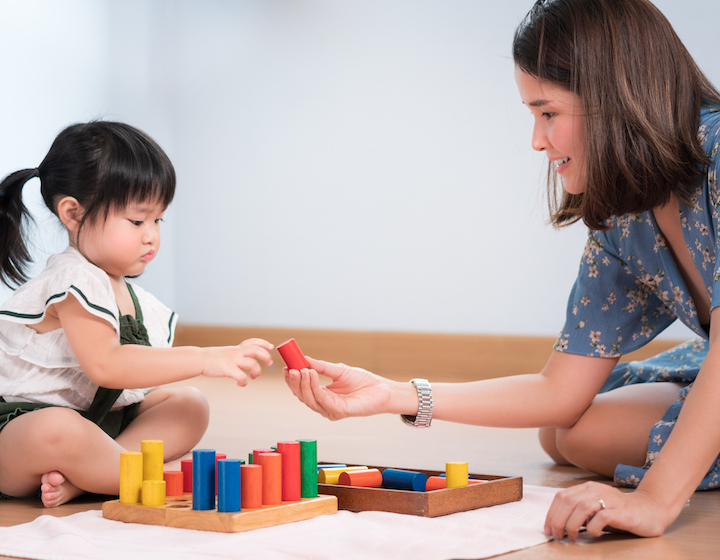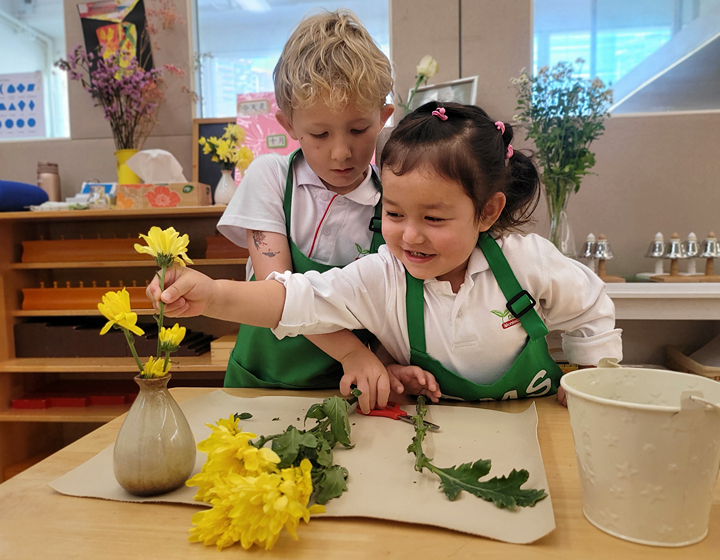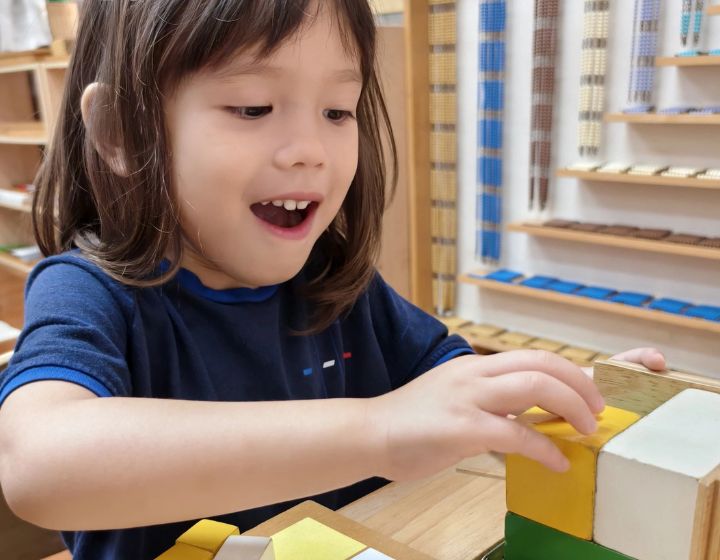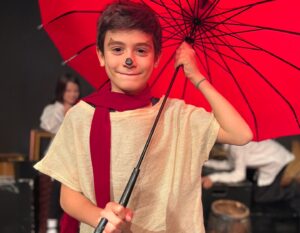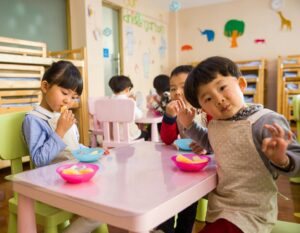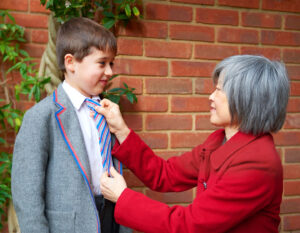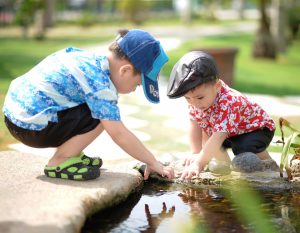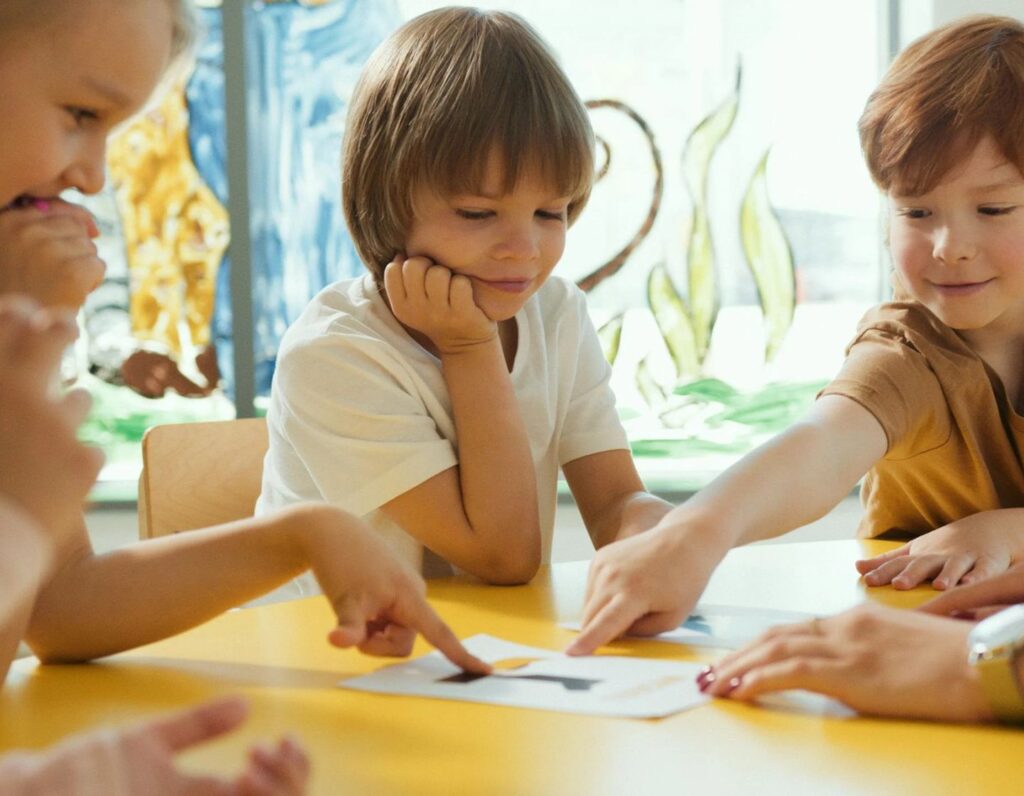
Is a Montessori education the perfect fit for your little one? Hong Kong offers some of the best Montessori schools for children, from playgroups to preschool and primary school. Here’s everything you need to know about Montessori school options in Hong Kong.
Many of us have heard of the Montessori method, but what makes this education system unique? Founded by paediatrician and psychiatrist Maria Montessori in 1907 (it has stood the test of time!), the Montessori approach emphasises nature, creativity, and hands-on learning with gentle guidance provided by teachers. Children learn about other cultures, animals and plants in addition to reading, language and mathematical skills. Find out more about what a Montessori education entails and discover the best schools that offer this in Hong Kong!
Jump To:
How The Montessori Education Method Works
The Key Principles Of Montessori Education
Montessori Schools In Hong Kong
Read More: How To Create A Montessori Environment For Your Child At Home
How The Montessori Education Method Works
The Montessori curriculum focuses on five areas:
![]() Practical life
Practical life
![]() Sensory awareness
Sensory awareness
![]() Language
Language
![]() Mathematics
Mathematics
![]() Cultural subjects (geography, zoology, time, history, music, movement, science and art).
Cultural subjects (geography, zoology, time, history, music, movement, science and art).
All the disciplines tie together in complementary ways.
Teachers or “guides”, as they are called, take their lead from each child, allowing children to learn at their own pace. Montessori programmes encourage a child’s sense of independence and expect a high degree of parental involvement.
Toys and other developmentally appropriate learning materials are laid out in the classroom so a child can see what their choices are and then pick a task — called “work” — according to their interests. Work options include books, puzzle games, art projects, toys that test spatial relations and more.
When they’re finished, children put their work back on the shelves and move on to something else. Guides work with children as a group and one-on-one, but most of the interaction is among the children. In a Montessori school, teachers aren’t the only instructors. Older kids often help younger ones learn to master new skills. That’s why each class has mixed ages. Casa classes (a term often used in Montessori education, otherwise known as Casa Dei Bambini, pre-school or children’s house classes) are for those aged three to six years.
Read More: International Pre-Nursery, Kindergartens And Preschools In Hong Kong
The Key Principles Of Montessori Education
There are 12 principles of the Montessori method of education including respect for the child, freedom of movement and choice, individualised learning and more. Read more about the principles here.
Some other terms that you may hear in a Montessori environment are:
- Concrete to abstract: A logical way to understand more abstract ideas is by first using concrete examples (for example, using beads grouped in 10s, 100s, etc. to follow certain mathematical concepts).
- Control of error: While using Montessori materials or toys, a child can receive instant feedback. This helps them recognise, correct and learn from mistakes, even without help from an adult.
- Freedom within limits: This is a way to give kids the opportunity to choose their own work while ensuring that their activity is respectful of others and their environment.
- Grace and courtesy: Children learn social skills that they will use throughout their lives, from requesting help, interrupting a conversation politely and also greeting people warmly.
There are plenty of ways that you can create a Montessori environment at home. Because one of the key principles of the Montessori method is the “absorbent mind” (the period from birth to six years being a time of intense mental activity), you can even begin with how you design your nursery!
Read More: Hong Kong International Schools – Where To Send Your Kids For An Global Education
Schools Offering Montessori Education In Hong Kong
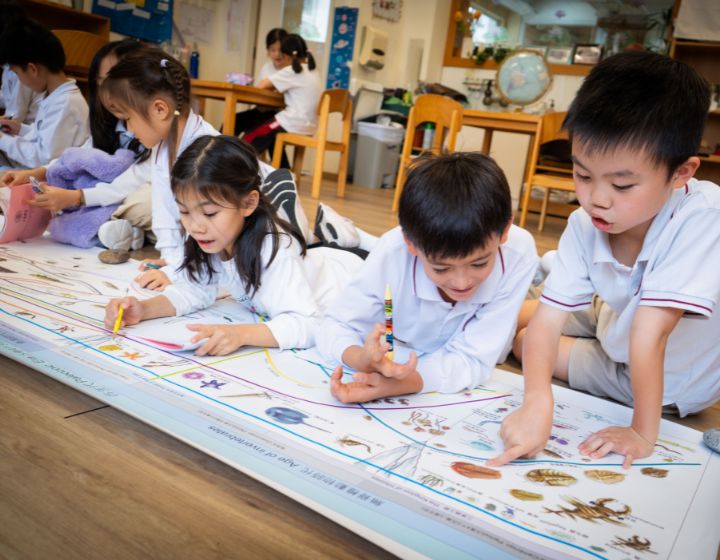
International Montessori School (IMS) – Bilingual Montessori School Catering For Children Up To 14 Years
Founded in 2002, The International Montessori School (IMS) is a leading accredited bilingual Montessori institution with four campuses. Renowned for its authentic Montessori and bilingual programmes for children ages one to 14, IMS continues to grow with the exciting addition of a Middle School launching in August 2025 at the Stanley Campus.
As Greater China’s first fully accredited bilingual Montessori programme, IMS sets the gold standard in education. Led by a team of highly skilled AMI-trained teachers, each mixed-age classroom features one dedicated English and Mandarin-speaking teacher. Additionally, daily Small Chinese Group lessons further enhance Chinese proficiency, tailored to each student’s level. Through hands-on learning and a child-centered approach in an immersive bilingual environment. IMS nurtures independence, creativity, and a lifelong passion for discovery, preparing students for future success.
Parents are invited to explore IMS through Open Days and Campus Tours, or Montessori Trial Classes for toddlers ages 12 to 30 months.
![]() International Montessori School, various locations across Hong Kong, 2566 7196, www.facebook.com/InternationalMontessoriSchoolHK, www.ims.edu.hk
International Montessori School, various locations across Hong Kong, 2566 7196, www.facebook.com/InternationalMontessoriSchoolHK, www.ims.edu.hk
Discovery Montessori Schools – Recognised Montessori and IB PYP accredited school in Asia
At Discovery Montessori Schools, the transformative power of authentic Montessori education awaits your child. With a legacy of shaping young minds from ages one to 12 years, they offer structured bilingual classes in English and Chinese. The DMS unique educational experience promotes language proficiency and cultural understanding, creating a vibrant and natural learning environment for every student. The highly qualified teachers are committed to supporting children to reach their full potential academically and personally.
![]() Discovery Montessori Academy, various locations across Hong Kong, 2987 1201, [email protected], www.discoverymontessorischool.com
Discovery Montessori Academy, various locations across Hong Kong, 2987 1201, [email protected], www.discoverymontessorischool.com
Read More: The Best Extracurricular Activities And After School Classes In Hong Kong
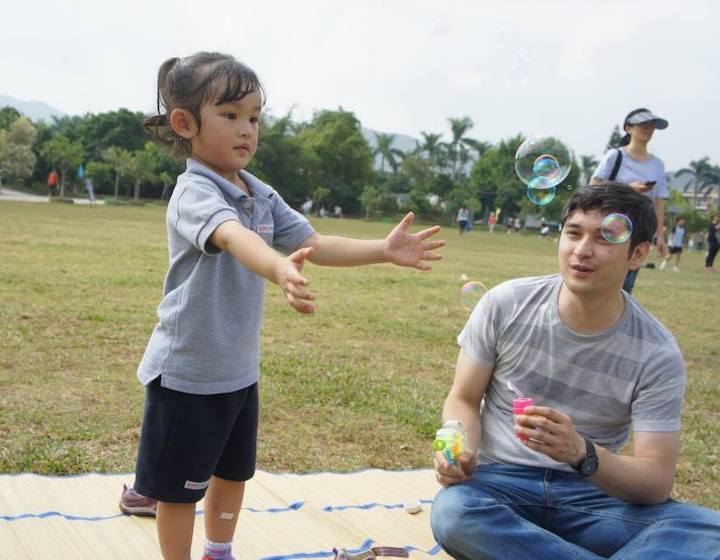
Island Children’s Montessori School Hong Kong – Montessori playgroups, nursery and Casa dei Bambini programmes
Island Children’s Montessori offers Association Montessori Internationale (AMI) recognised programmes for children aged two to six years, as well as Montessori playgroups for nine months to three years old. With a skilled Montessori-trained teaching team, children learn at their own pace and develop social skills, positive work habits, confidence and independence.
![]() ICMS, various locations across Hong Kong, 2387 3033, www.icmh.com
ICMS, various locations across Hong Kong, 2387 3033, www.icmh.com
Read More: Habits to Strengthen Your Parent-Child Relationship
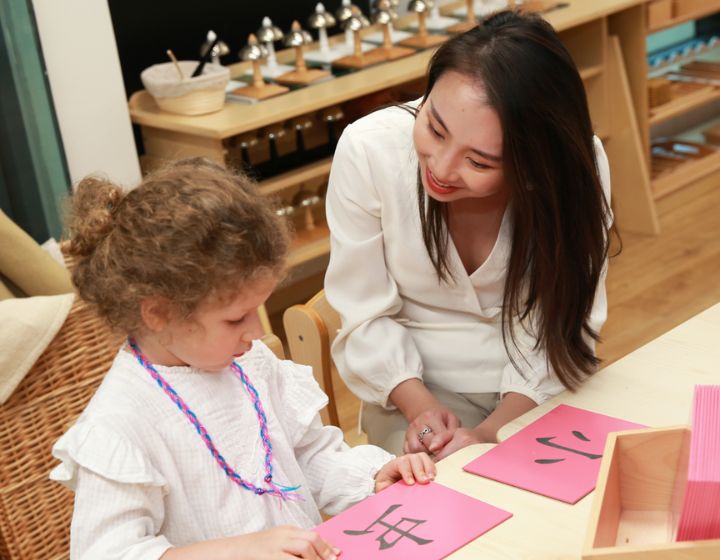
Guidepost Montessori — Inspiring Joyful Learning Through Bilingual Education
If you’re looking for a school where your kids can thrive, Guidepost Montessori offers a perfect balance of happiness and academic excellence. Its authentic Montessori programme fosters children’s independence while catering to unique interests and developmental stages. It offers a full-time dual-language curriculum in English and Mandarin to help kids build a strong foundation in both languages. With 12 strategically located campuses across Hong Kong, families can benefit from a smooth educational journey starting from infancy and continuing through pre-nursery, kindergarten and primary school! Visit one of its campuses to see its joyful, rigorous learning experience firsthand — book a campus tour here!
![]() Guidepost Montessori, various locations across Hong Kong, 9126 6211, [email protected], Instagram: @guideposthongkong, www.guidepost.hk
Guidepost Montessori, various locations across Hong Kong, 9126 6211, [email protected], Instagram: @guideposthongkong, www.guidepost.hk
Infinity Montessori Academy – Trilingual Montessori programmes and parent education
Infinity Montessori Academy, an American Montessori Society-affiliated institution, provides trilingual Montessori programmes for children aged one to six years and short courses for children aged six to 12 months. The school places a heavy emphasis on educating parents about the Montessori methodology so they can implement similar strategies at home.
![]() Infinity Montessori Academy, 8 Somerset Road, Kowloon, Hong Kong, 3589 6366, www.infinitychildren.com
Infinity Montessori Academy, 8 Somerset Road, Kowloon, Hong Kong, 3589 6366, www.infinitychildren.com
Read More: Different Parenting Styles — Find What Works Best For You
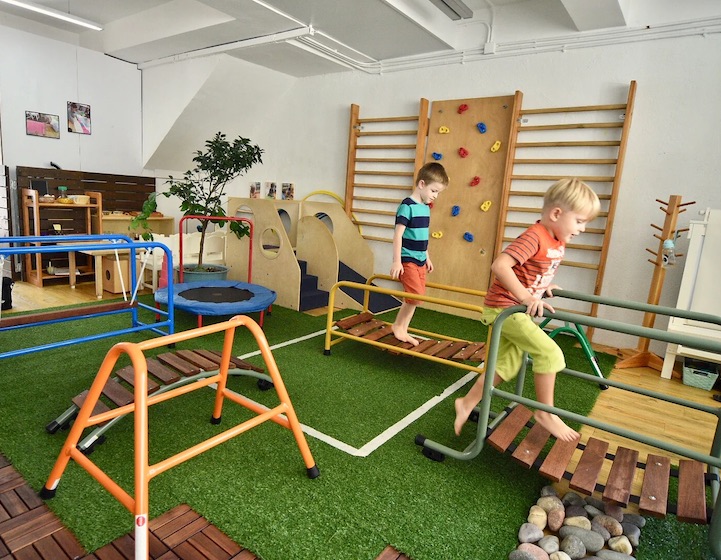
Little Lantau Montessori Kindergarten (LLMK) – Montessori school that focuses on the learning spaces for its students
Little Lantau Montessori Kindergarten accepts children from 18 months up to five years. The toddler class runs in the forest school, an outdoor-themed area named and designed by the children themselves. Using Montessori principles, it follows the Early Years Foundation Stage Curriculum (EYFS).
![]() Little Lantau Montessori Kindergarten, Units 12 & 13, G/F Silverview Centre, 8 Ngan Kwong Wan Road, Mui Wo, Lantau Island, Hong Kong, www.littlelantaumontessori.com
Little Lantau Montessori Kindergarten, Units 12 & 13, G/F Silverview Centre, 8 Ngan Kwong Wan Road, Mui Wo, Lantau Island, Hong Kong, www.littlelantaumontessori.com
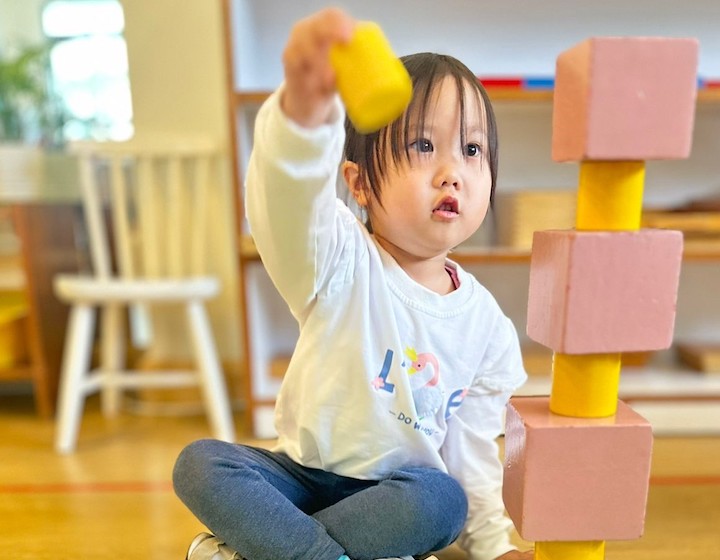
More Schools That Offer Montessori Education In Hong Kong
- Oaktree Montessori Chinese Education – Mandarin-medium Montessori school for children aged 12 months to six years. www.eceoaktree.com
- Montessori for Children – Montessori playgroup and Casa dei Bambini (kindergarten) programmes for children up to the age of six years. www.mfc.com
- Little Montessorian – Offers Mandarin-only Montessori education for six months to six years. www.littlemontessorian.com
Read More: Hong Kong School Open Days – School Open Houses, School Visits And Personal Tours
Editor’s Note: “Your Guide To Montessori Education: Top Montessori Schools In Hong Kong” was most recently updated in April 2025 by Jesse Chung.
 View All
View All
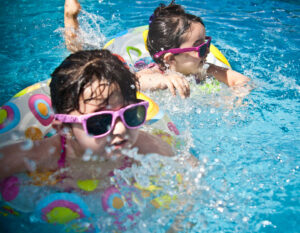
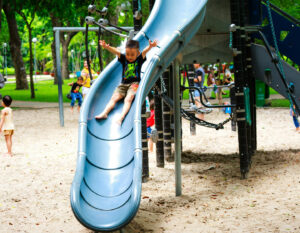
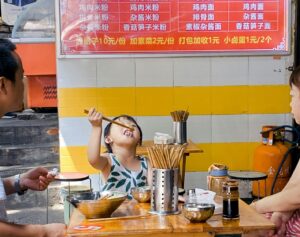
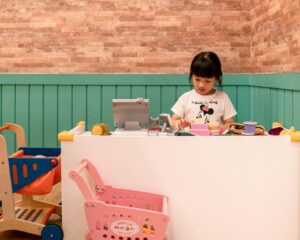
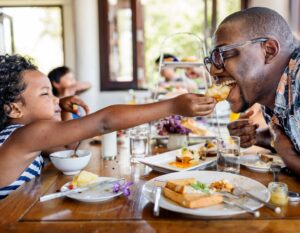
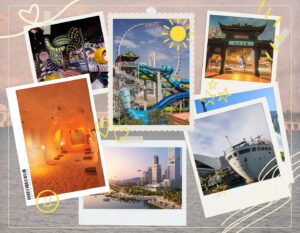
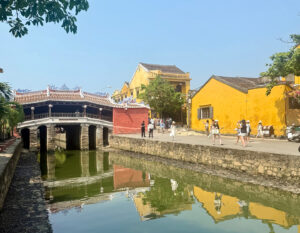
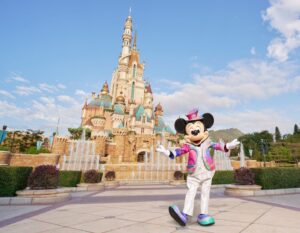
 View All
View All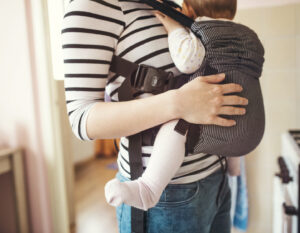
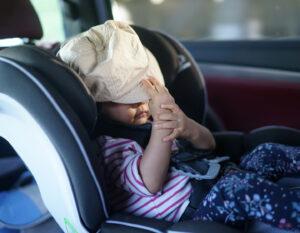

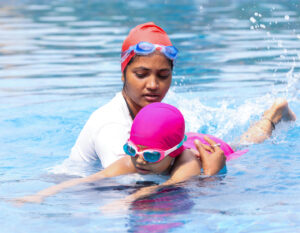
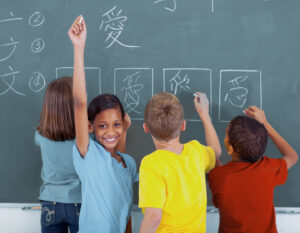
 View All
View All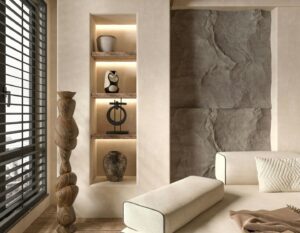
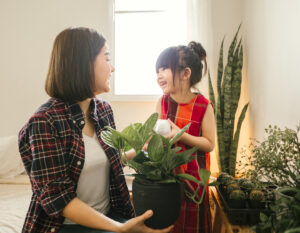

 View All
View All